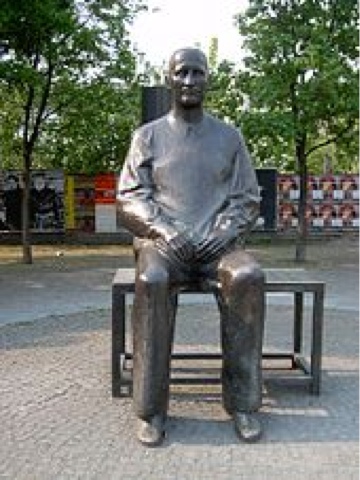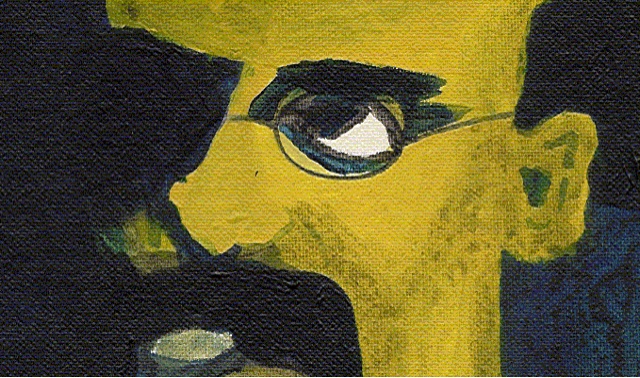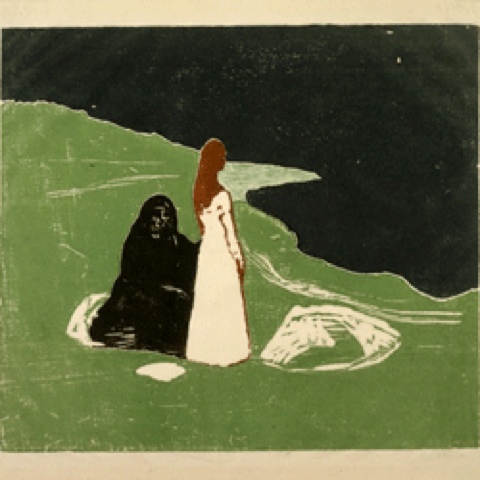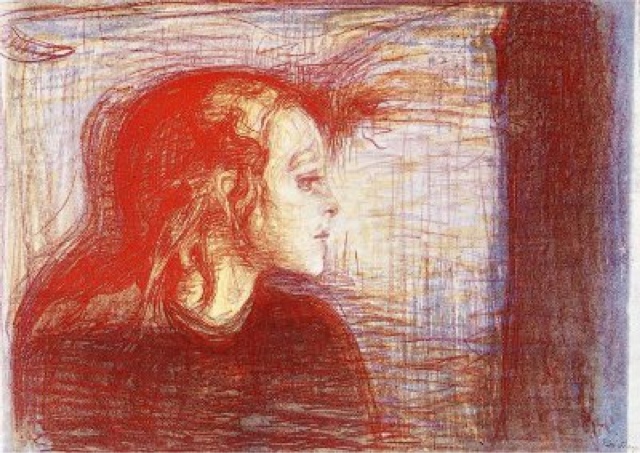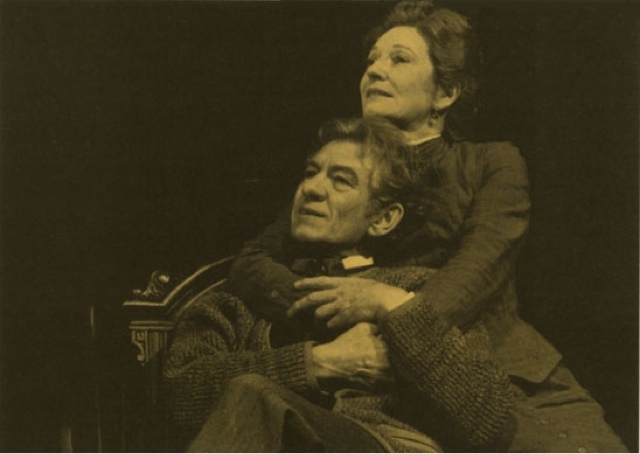Late post, but I wanted to summarize Scene Study on Wednesday night. We spent time on Brecht's He Said Yes/He Said No, looking at it as a potential response to/restructuring of the classical Aristotelian idea of tragedy. We were looking at it mostly in reference to Aristotle, but it is extremely important to understand the more relevant response in Brecht; he, through the ideas of Marx about society, is revising Hegel more so than he is revising Aristotle alone. It has been said that Marx took Hegel's ideas and turned them upside down and backward, but he does this while sticking within the form of the Hegelian argument. Brecht does this too, and does so within the familiar form, but with blurred edges to remind us that this is a play and is not life.
We then moved in to talking about Augusto Boal's work with the Theatre of the Oppressed and Invisible Theatre. I find Theatre of the Oppressed/Forum theatre to be fascinating, in its ability to give voice to people who have not traditionally had one. I think this is a vehicle that can work not only for audiences, but for liberating characters who have been voiceless....the Lavinias, the Miss Julies, The Hedda Gablers.
Looking at Boal's invisible theatre, we read an account of a play he staged in the Paris Metro about sexual harrassment. While I find this idea of shocking audience members, showing them their own prejudices very useful, but only if there is a chance for them to opt in. I question the efficacy of the message when the audience doesn't know they are an audience. Without the "rules" of attending theatre and knowing one must "pay attention" to the signs and symbols, this could just be another odd day on the subway. Not only that, but given the travelling nature of the piece, with "audience" getting on and off the metro throughout, what of the message given to those who only saw one part, and not the contrast? They have just been exposed to another example of harrassment...but with no signifier that this is not simply commonplace.
Finally, we debated The Audience by Tim Crouch, with one side of the group arguing for Steiner's argument that Tragedy isn't possible in our godless world, while the other side arguing that Crouch's play is Tragedy evolving itself for our current times. This got me thinking about what the actual tragedy is in this play; is the tragedy our de-sensitization? Is it the permeation of one encounter with violence into the greater society? Is it that the audience is a metaphor for humanity, sitting idly by while atrocities are described to them? Is it the act with the baby? I don't know that I can answer that...or maybe it is that the tragedy is all those things. What is certainly true is that unlike Renaissance or Greek tragedies, where there is a clear cut of what we are supposed to find horrific, these modern plays offer tragedy on a meta level, which is more difficult to identify outright.
We then moved in to talking about Augusto Boal's work with the Theatre of the Oppressed and Invisible Theatre. I find Theatre of the Oppressed/Forum theatre to be fascinating, in its ability to give voice to people who have not traditionally had one. I think this is a vehicle that can work not only for audiences, but for liberating characters who have been voiceless....the Lavinias, the Miss Julies, The Hedda Gablers.
Looking at Boal's invisible theatre, we read an account of a play he staged in the Paris Metro about sexual harrassment. While I find this idea of shocking audience members, showing them their own prejudices very useful, but only if there is a chance for them to opt in. I question the efficacy of the message when the audience doesn't know they are an audience. Without the "rules" of attending theatre and knowing one must "pay attention" to the signs and symbols, this could just be another odd day on the subway. Not only that, but given the travelling nature of the piece, with "audience" getting on and off the metro throughout, what of the message given to those who only saw one part, and not the contrast? They have just been exposed to another example of harrassment...but with no signifier that this is not simply commonplace.
Finally, we debated The Audience by Tim Crouch, with one side of the group arguing for Steiner's argument that Tragedy isn't possible in our godless world, while the other side arguing that Crouch's play is Tragedy evolving itself for our current times. This got me thinking about what the actual tragedy is in this play; is the tragedy our de-sensitization? Is it the permeation of one encounter with violence into the greater society? Is it that the audience is a metaphor for humanity, sitting idly by while atrocities are described to them? Is it the act with the baby? I don't know that I can answer that...or maybe it is that the tragedy is all those things. What is certainly true is that unlike Renaissance or Greek tragedies, where there is a clear cut of what we are supposed to find horrific, these modern plays offer tragedy on a meta level, which is more difficult to identify outright.
